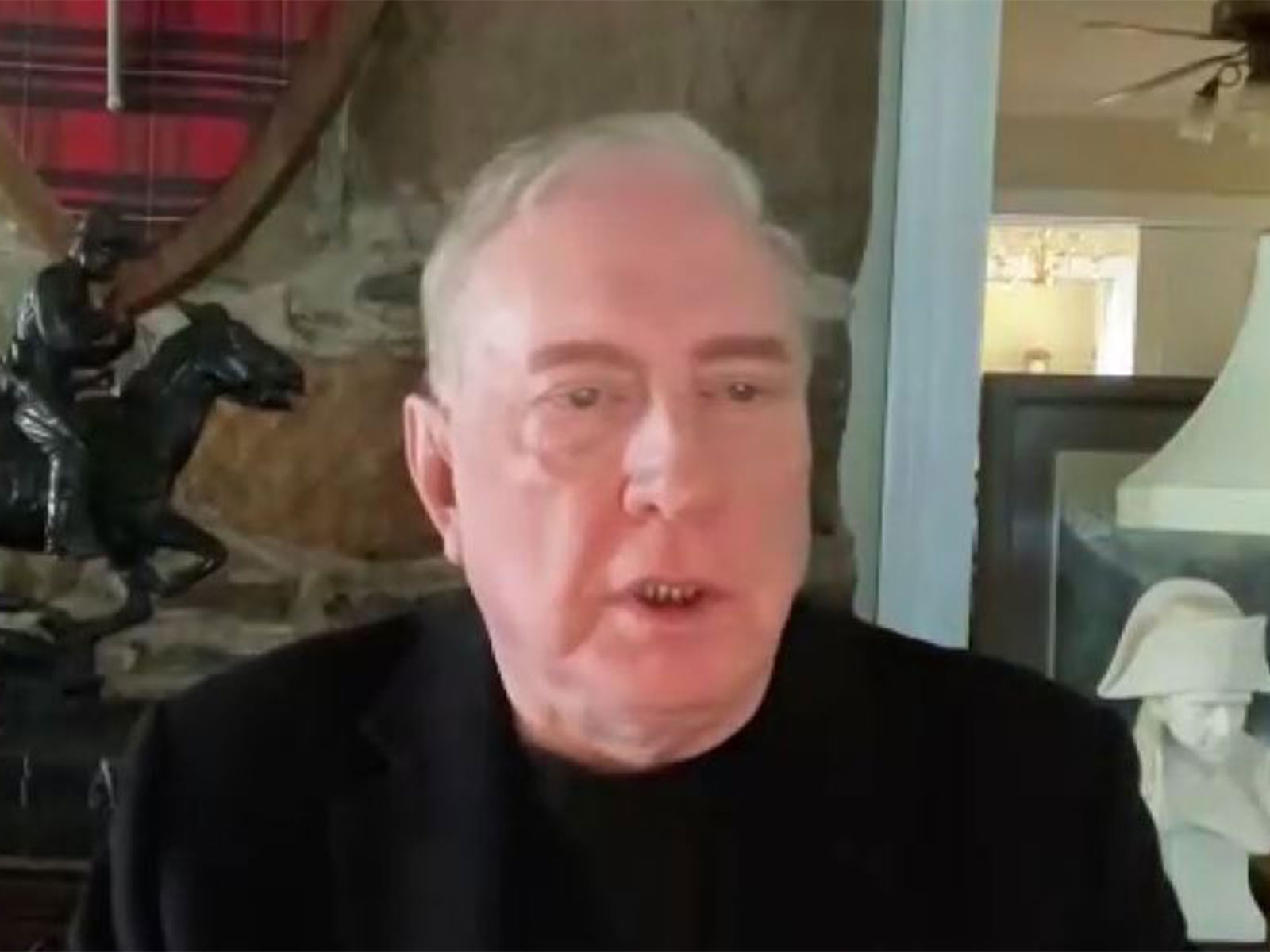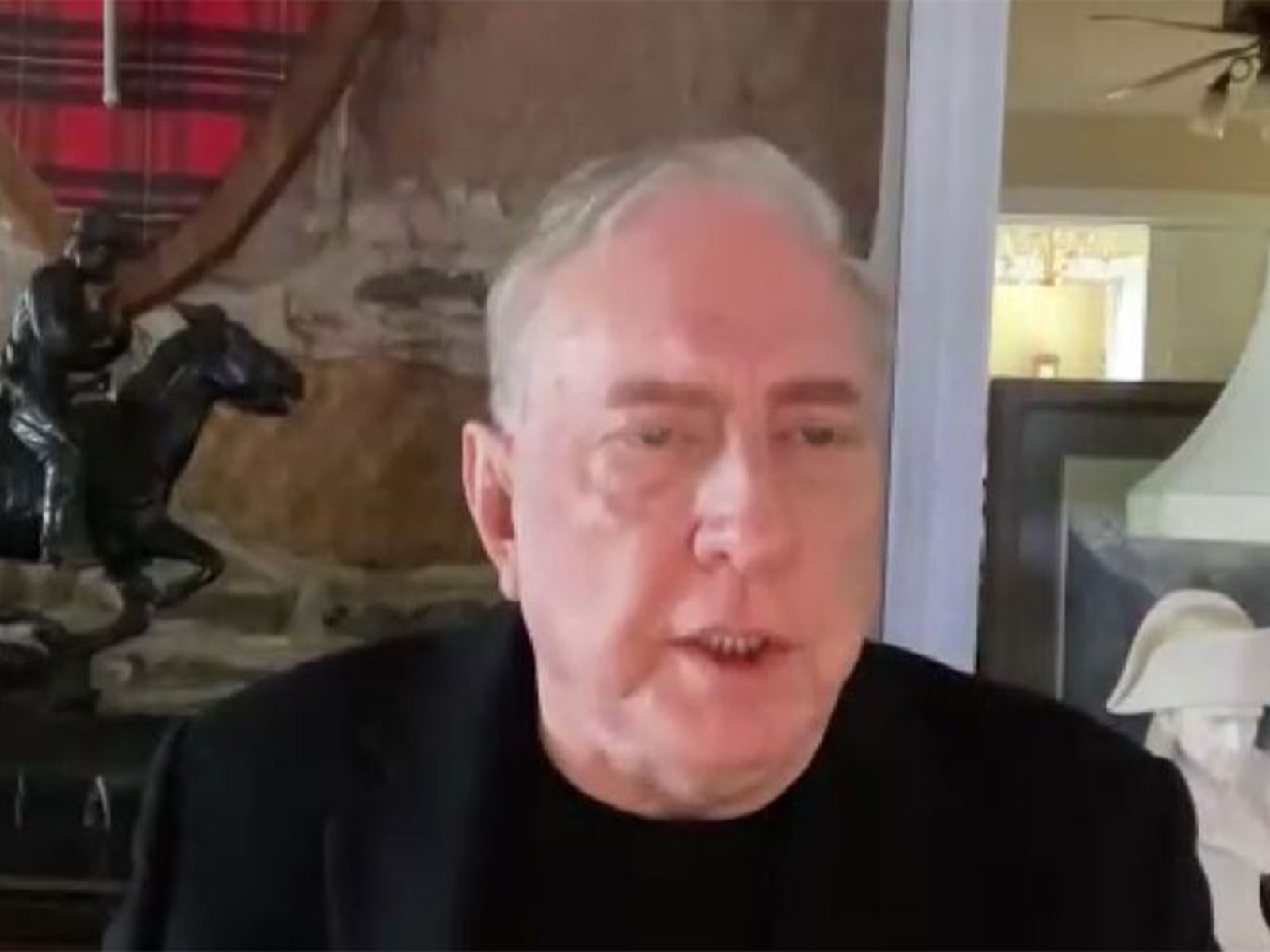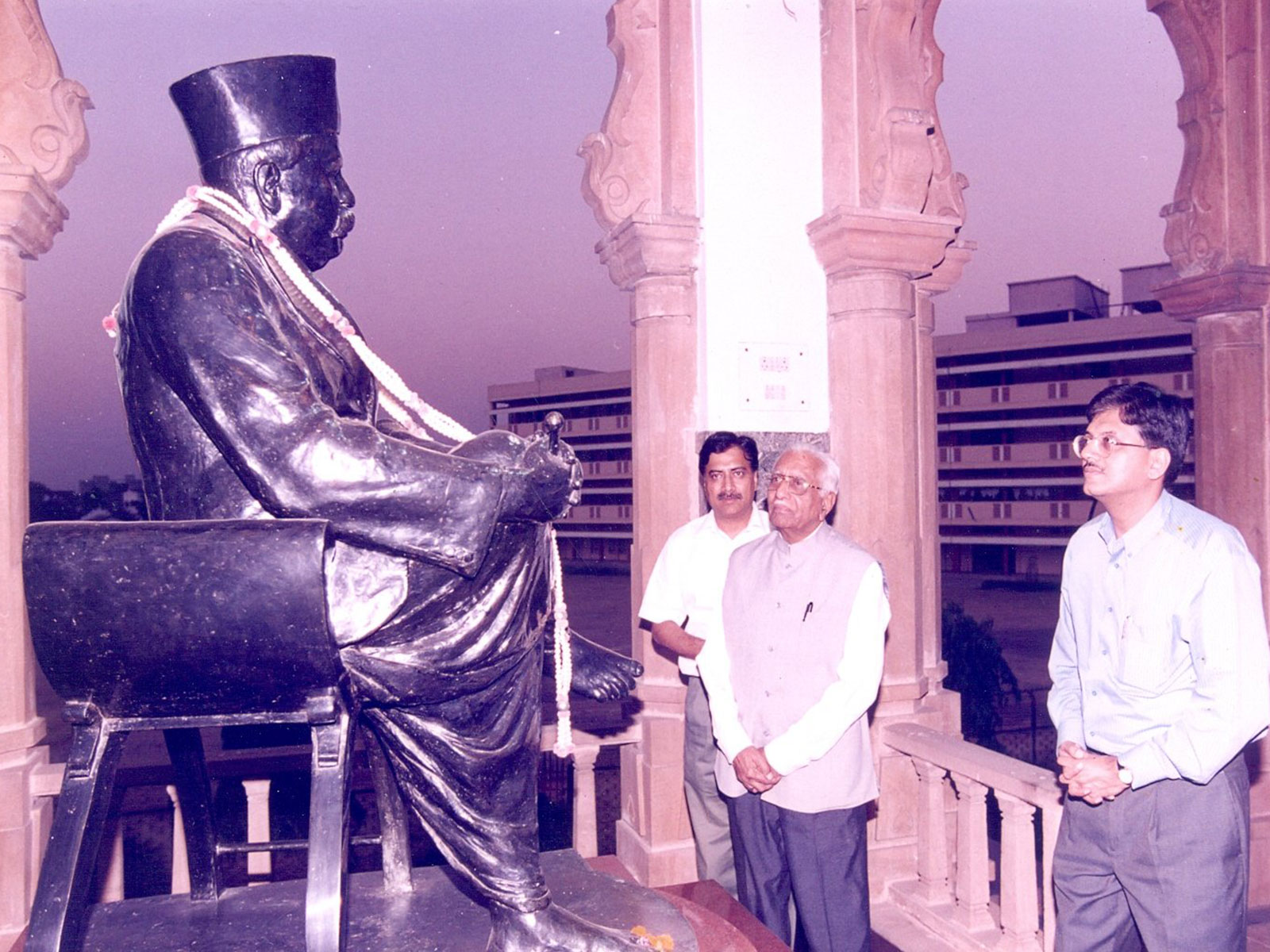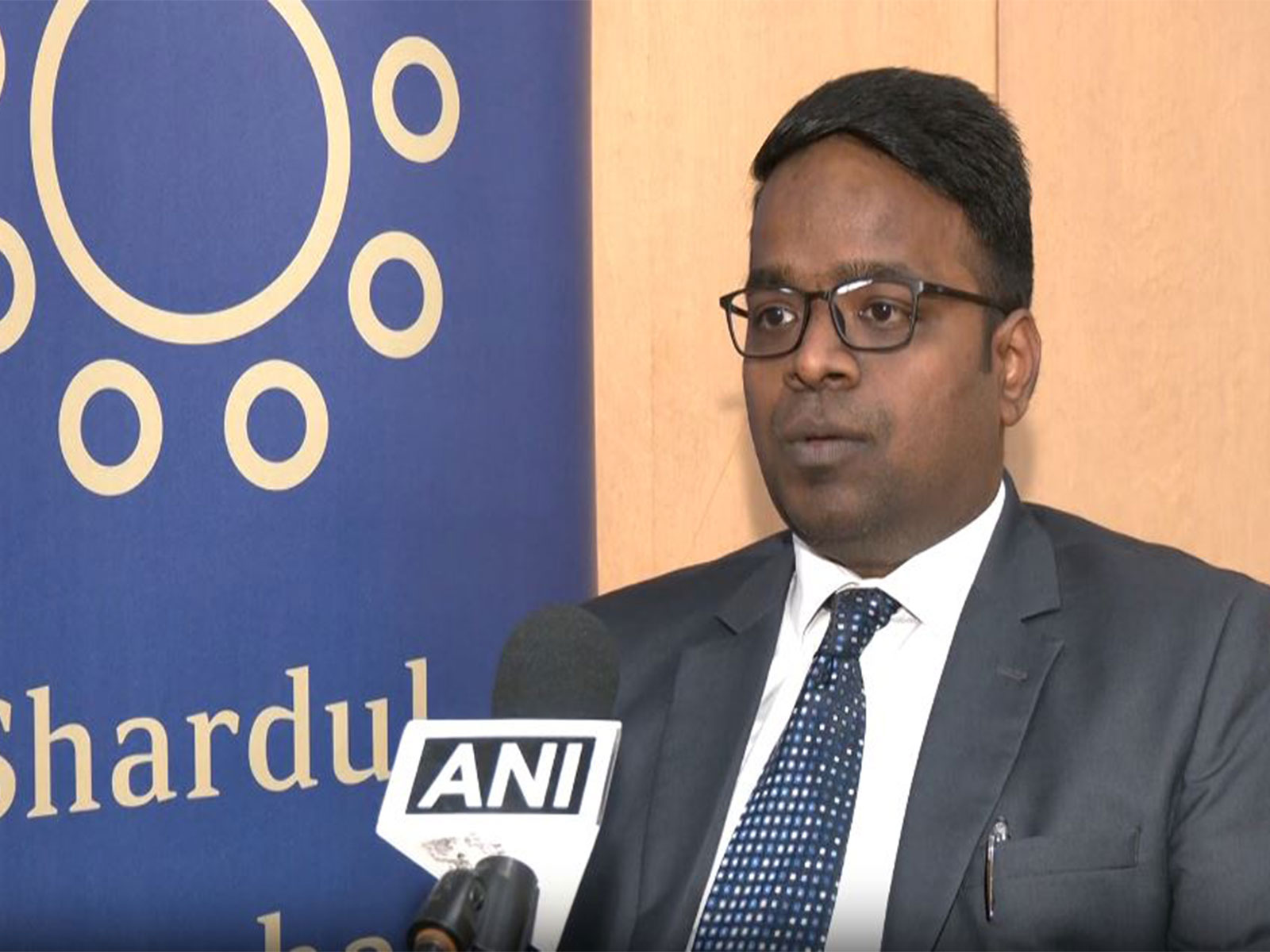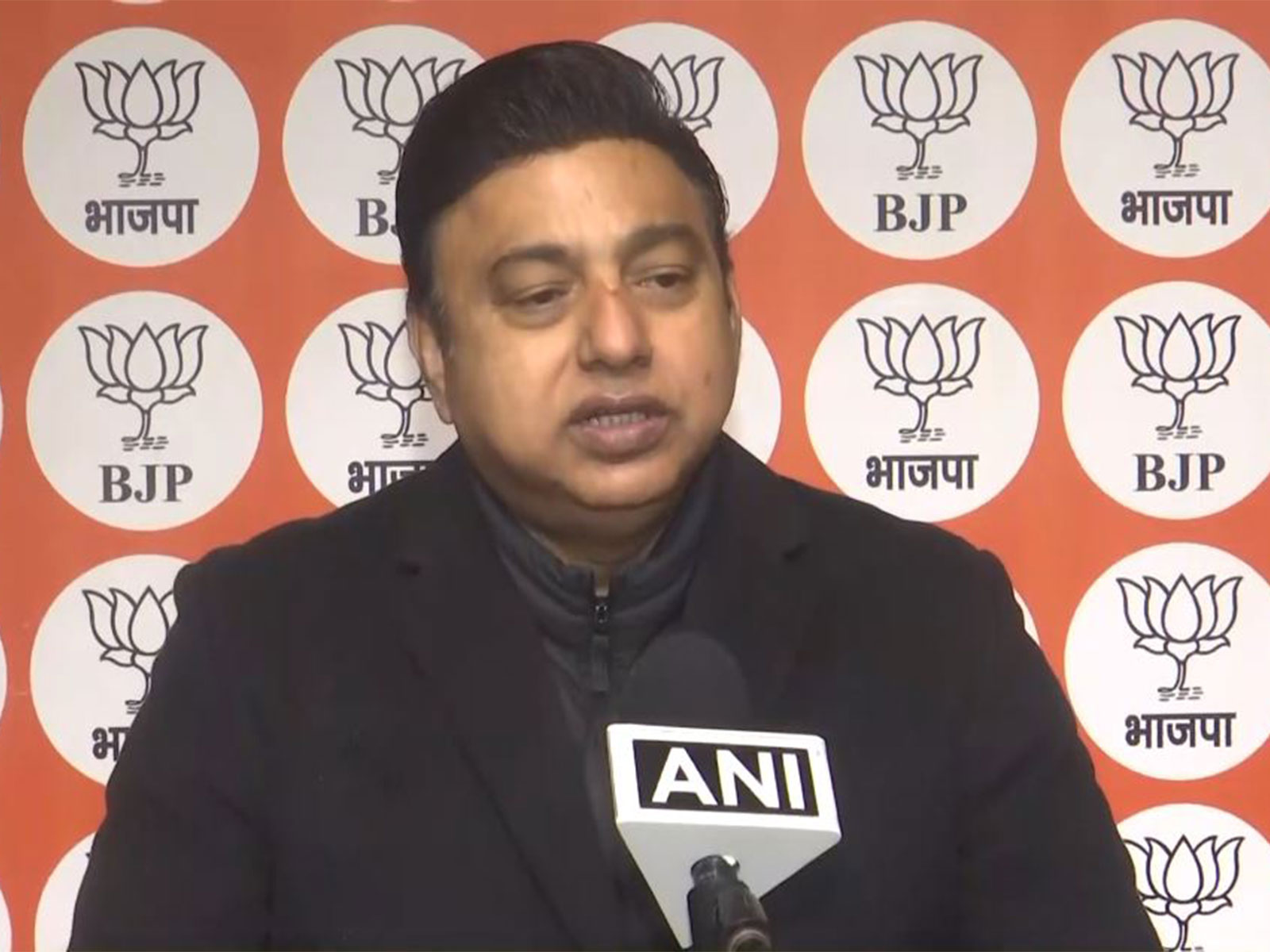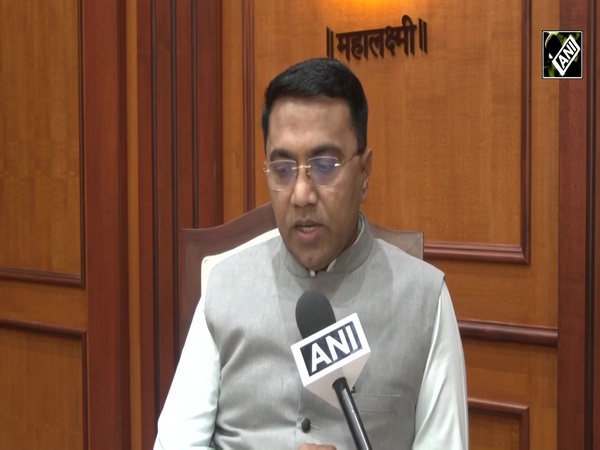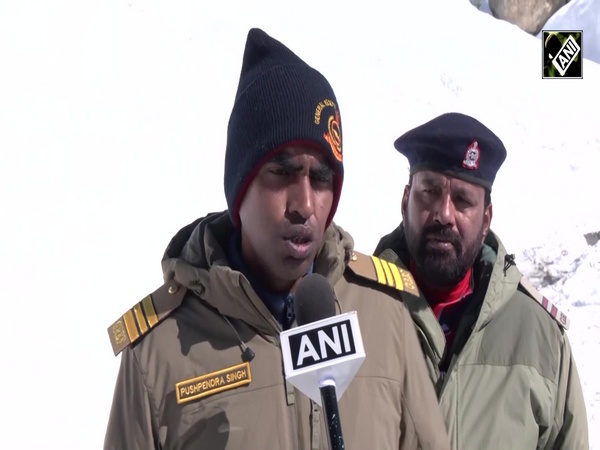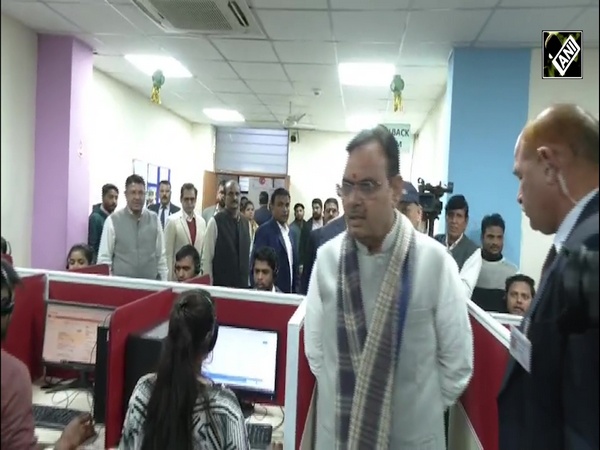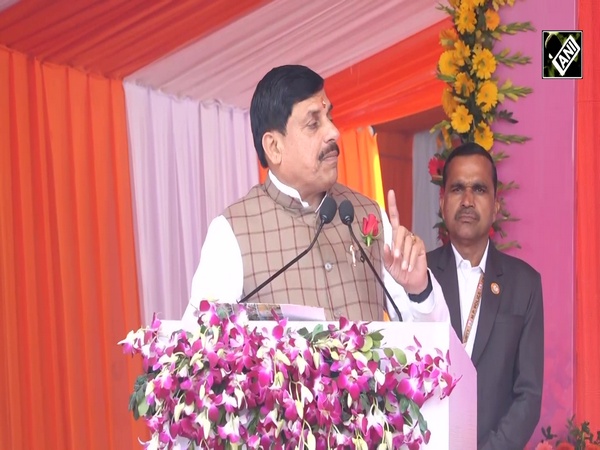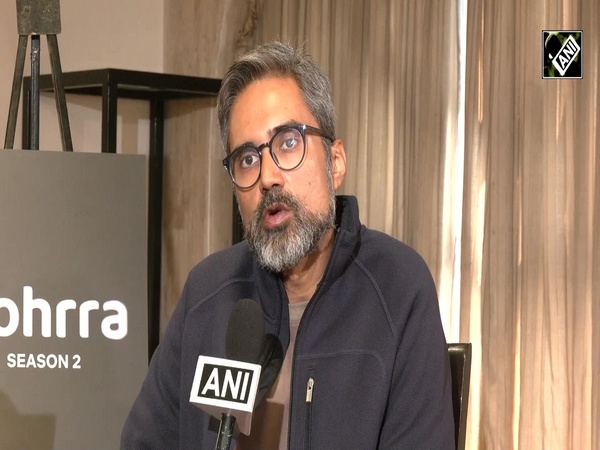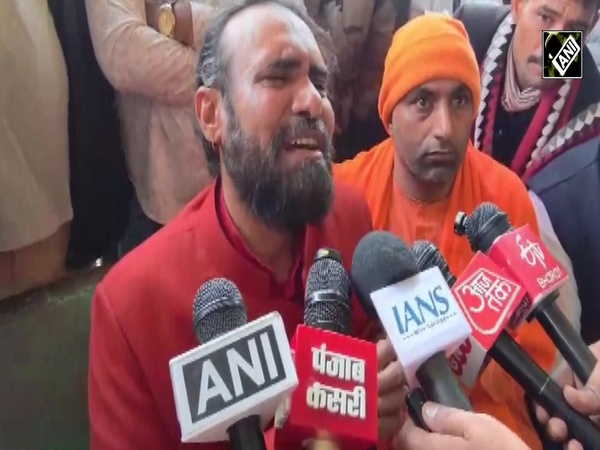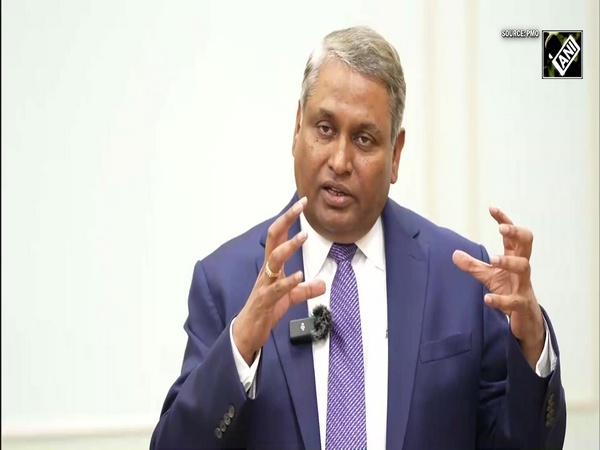Xi's friendship with Putin truly 'knows no limits'
Jun 25, 2022

Beijing [China], June 25 : The latest telephonic exchange between Chinese President Xi Jinping and Russian President Vladimir Putin on June 15 highlights the growing ties between the two countries in the wake up of the Ukraine conflict.
Hemant Adlakha, writing in The Diplomat said that Xi on his 69th birthday called up his "bosom buddy," Vladimir Putin, to reassure the Russian leader that "bilateral relations have maintained a sound development momentum in the face of global turbulence and transformations."
Xi pledging Moscow more support on "sovereignty and security" is tantamount to the Chinese leader disdainfully dismissing all earlier warnings from the West that China risked major reputational damage by not condemning the Kremlin.
But what is more worrying for the leaders in the West is that Xi doubled down still further, pledging to deepen strategic coordination between the two countries.
Xi's birthday call to Putin is highly significant when viewed in the immediate backdrop of reports from Beijing confirming the removal of Chinese Vice Foreign Minister Le Yucheng a day earlier.
Reports late last month began suggesting that Le had left China's Ministry of Foreign Affairs. The 59-year-old Le - the leading "Russia expert" in the foreign policy decision-making system in Beijing - was said to have been demoted to the National Radio and Television Administration, becoming the first political casualty as the war in Ukraine grinds on, reported The Diplomat.
There was a broad consensus in global media circles that the sudden move to remove Le meant that he was being blamed for his inaccurate assessment of Russia's war in Ukraine.
In other words, in the opinion of the media and the leaders in the West, Le's removal was a sign of Beijing softening its support to Moscow for the fear of "major reputational damage... in Europe," said Adlakha.
By calling up Putin and assuring him of further development of economic, military, and defense ties between the two countries at a time when the Russian presence in Ukraine is not showing any sign of ending, Xi has not only totally ignored the Western warnings but he has also put to rest speculations that the image of China moving too close to Russia has been causing concern in Beijing.
Moreover, the timing of Xi's phone call to Putin came on the eve of a European summit aimed at putting up a good show of solidarity with Ukraine and just two weeks before a NATO summit that is expected to underscore the potential challenge from China to the North Atlantic alliance for the first time.
Japan and South Korea have both been invited for the first time to the June 29 NATO summit to be held in Madrid.
At the same time, it is pertinent to point out that Xi's rebooting of the Sino-Russian strategic partnership enjoys both the full backing of the CCP Political Bureau and the support of the country's strategic affairs community.
Lastly, instead of being cowed by the mounting Western pressure to refrain from offering economic and military aid to a struggling, crippled Moscow, Xi's phone call to Putin has been received in China as a doubled-down pledge that China will support Russia on security.
The birthday call on June 15 was more than a social and cultural engagement. It was for all practical purposes a political call, with the communist leader from Beijing leaving no one in doubt that his friendship with Putin truly "knows no limits," said Adlakha.

